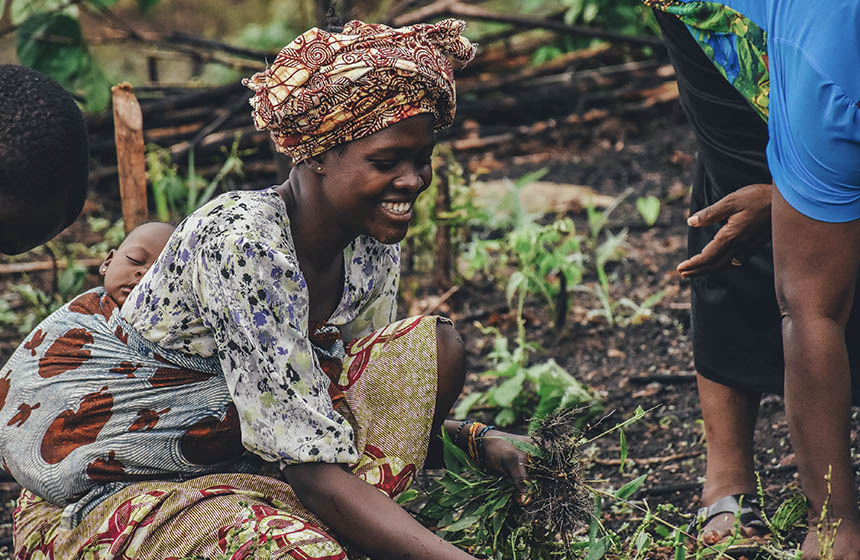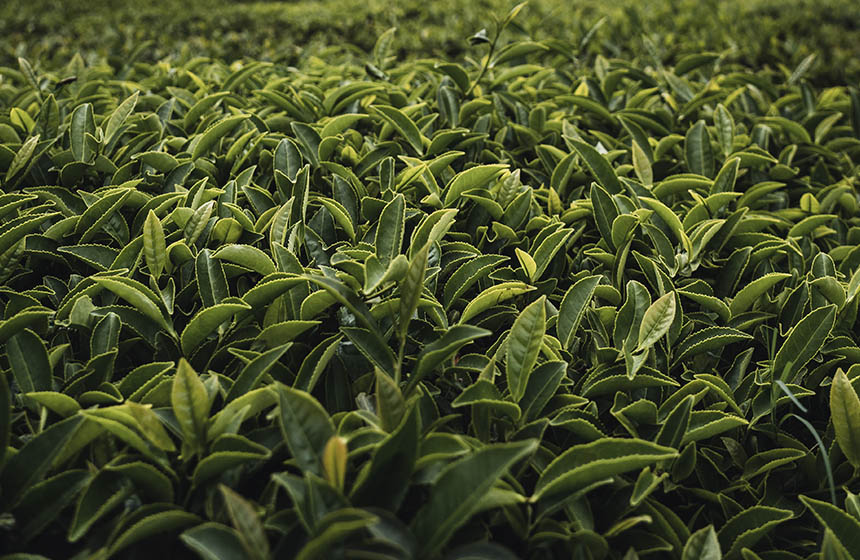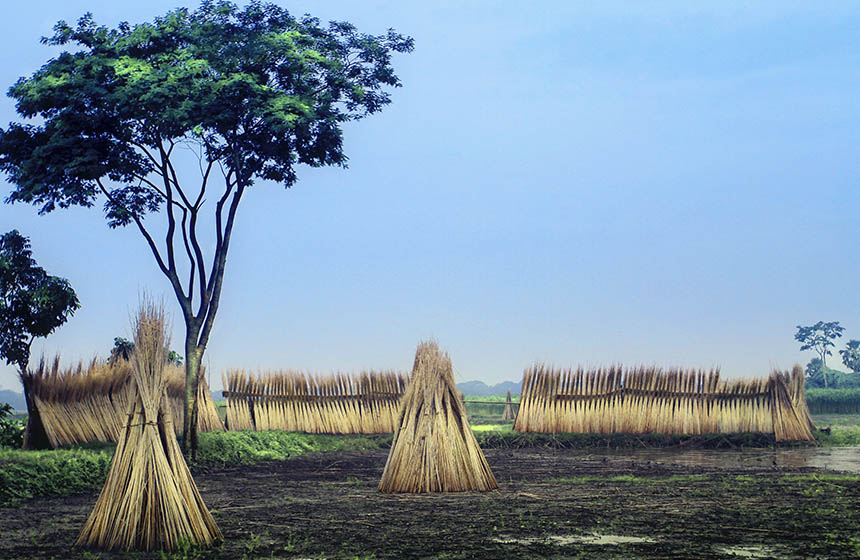Filters
Download definitions (PDF) Case source list Model cases
Model cases
 National programme
National programme
-

National Park established and co-managed by indigenous association in Amazonia
The Association of Indigenous Leaders of the Yaigojé Apaporis (ACIYA), composed of 21 indigenous communities, was responsible for setting up the Yaigojé Apaporis National Natural Park, the third largest of its kind in all of Colombia, effectively giving the one-million-hectare area legal protection from exploitative gold mining operations.
- Protection
Colombia -

Volunteer association engaging women and youth in agroforestry and reforestation on degraded land
A volunteer association promotes agroforestry, sustainable farming techniques, and forest restoration through the empowerment of youth and women who are traditionally excluded from land ownership and the benefits of production.
- Food production
- Restoration
Chad -

Regional federation promotes agro-ecological principles to local smallholder farmers
The Fédération des Unions de Producteurs de Maradi Gaskiya has brought communities from around the Maradi region in Niger together to promote agro-ecological principles among smallholder farmers including the use of bio-fertiliser, high-yield crops, organic seeds, and more diversified agricultural production. A main tenet of the intervention is the participatory on-farm research process that allows solutions to be tailored to the needs of farmers themselves.
- Food production
Niger -

The Heiveld Rooibos Co-operative
Heiveld is a co-operative of indigenous rooibos farmers in the Suid Bokkeveld region of South Africa that has received both Organic and Fairtrade accreditation, successfully producing rooibos in a sustainable way and yielding positive socioeconomic impacts for the local community.
- Food production
South Africa -

Sustainable farming and national-local co-management of the Pendjari Wildlife Reserve
Organic farming methods such as intercropping, crop rotation, and tree maintenance are reducing reliance on chemical fertilizers and pesticides that have contaminated food and water sources for communities surrounding the Pendjari Wildlife Reserve. A national-local co-management scheme ensures revenues from the reserve are shared with the local communities who originally inhabited the land.
- Food production
- Protection
Benin -

Traditional agricultural techniques for water conservation and land restoration
The Association Zoramb Naagtaaba (AZN) was formed by community members from 10 neighbouring villages to restore degraded land and address water scarcity issues through the use of traditional agricultural techniques and other practices tested on demonstration plots.
- Food production
Burkina Faso

